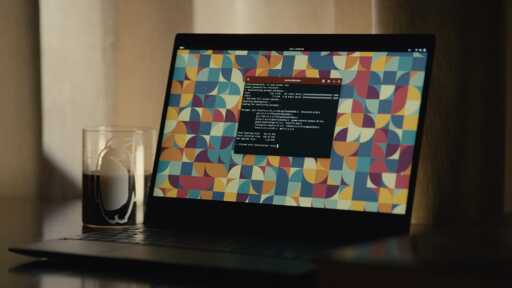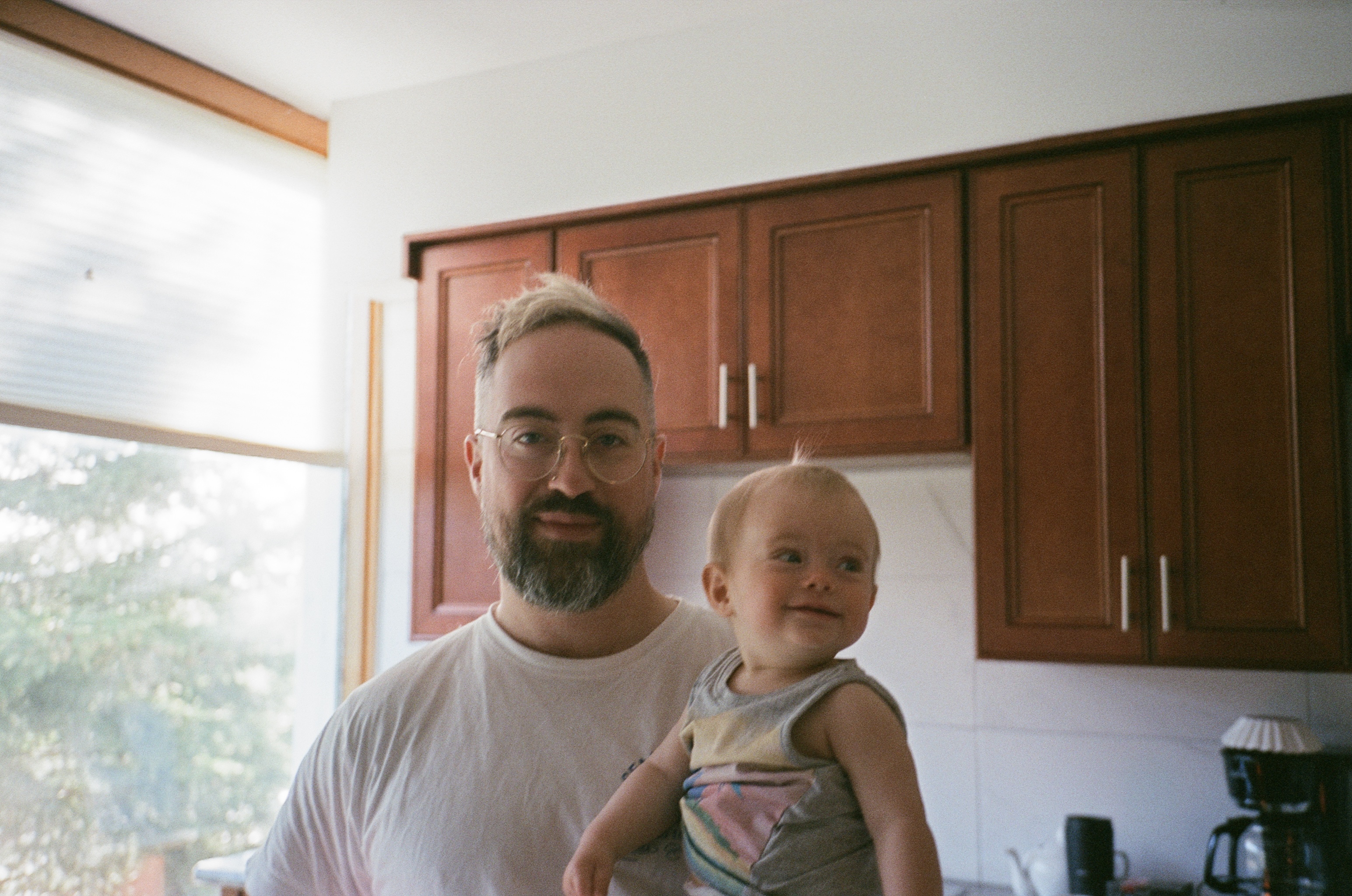I made the switch and it took no restructuring of my life. Like 90% of my computer usage though is browser.
I made the switch back in 2020 when I learned how much Proton had improved Linux gaming. I tried it out of curiosity to see if I could make it work for me, and after a week, I had gotten settled. Most of my games worked, some right away, some with tweaking. Some didn’t work at all.
Fast forward to 2025, and now those few games that didn’t work (I wish I remembered which ones they were) do, and I almost never have to do any tweaking to make games work. I’m so used to the way my distribution works that going back to Windows for anything is jarring. I bought a used ThinkPad a while back, and the previous owner “helpfully” installed Windows 11 on it for me (which I promptly wiped and installed Arch Linux, later Debian onto). That was the most I used Windows 11 (about 5 minutes, to make sure the machine worked). I am glad I do not have to use it on my own machines.
I recall another recent time where I set up Windows 10 on a laptop for a friend. It was… not a pleasant experience for me. Again, I was glad I didn’t have to use it.
Linux isn’t ready for everyone, but it sure as hell is ready for me. It was ready for me years ago.
deleted by creator
Linus expects you to submit patches.
I looked at the replies as soon as I read Linus and laughed out loud at this
deleted by creator
Part of it too is companies not developing for Linux first. If user switched to Linux overnight and there was more demand the experience would get better exponentially when it comes to driver and hardware. Any OS can pretty much implement any feature for any hardware. There isn’t really any magic that’s unique to any of them. Just styling and interface.
I bought a laptop and put linux on it (as I always do). The accelorometer doesn’t work on Linux. I won’t ever be able to write a driver for it in the kernel. Nobody else has done for the year since this laptop model got released.
It works on Windows out of the box ofc.
How is that not exactly what the author wrote?
deleted by creator
It is if there is no open source alternative.
deleted by creator
A car is faster than a horse
ItS nOt FoR tHe HoRsE tO sOlVe ThE sPeEd ProBLeM
Both are true. You can’t use the latter as an argument against the former. It’s not for Linux to solve, but if hardware drivers get written for windows more than for linux, then linux is behind in hardware support.
I don’t think the term “Falls behind” is being used in a competitive entity vs entity in the way you read it as here.
I think it’s just being honest to the viewer in terms of hardware and software compatibility. Many go into the quest to swap to linux expecting that there will always be a replacement, and that’s simply not always true. Your biggest thing you should expect going into it is that it is not a 1:1 transition, your lifestyle and expectations the OS will provide will need to change and I think that was the general ideology that the author was trying to present.
Many move back to windows because they have incorrect expectations of what to expect out of transition because they either don’t like change, or don’t want to have to troubleshoot things that just worked on windows. Restructuring your life includes sacrifices that usually have to be made during the transition, and those sacrifices can include things that cost money to replace such as hardware peripherals. Some things are just misconfigurations and can be tweaked once you find out what to change. However, some things like the overall lack of support for an item you need to wait for support, replace that item completely which may or may not have an equivalent, or if you have the skillset required design your own interface for it.
This was my experience. While I had nothing but time to learn Windows over the years, my time now is more limited. My Creative Sound Blaster sound card worked… Somewhat under Pop_OS!, but kept having issues. It got to the point that I opted for an external DAC and my issues cleared up.
While I want everything to “just work”, I knew my time is more valuable to me than figuring out why this particular hardware didn’t want to work, so I swapped it.
I remember the win9x days of looking shit up and figuring it out. Most people nowadays don’t have that skill or never had it and onboarded with computers that “just worked”. Side note in my opinion but, that’s the insidious nature of Big Tech. They make it so easy to use, you don’t care that they pick your pocket for every ounce of data. Linux, by its nature, is generally ok at most things but you are going to run into walls like the accelerometer mentioned above. Expectations need to be set and if you aren’t willing to know how to run your computer, it’s going to run you. I view this as no different than understanding the fundamentals of cars so you don’t get fleeced at the mechanic. But that’s just me. I want a certain level of competence in what I utilize on a daily basis.
I want people to switch. For people like me who have been power users for 20+ years, it’s as close to an easy hand off as is ever going to exist. Trying to convince my Normie friends? I’m still fighting that battle and all they do is Facebook, youtube and WoW.
I agree that setting expectations and having to adjust to the new norm should be part of the onboarding speech. “It just works” shouldn’t be uttered to anyone short of grandma for email and youtube on a computer you install the software on.
Edit: changed device quoted above
Years before I switchedish to Linux, I already started preferring FOSS applications. Basically I made a bunch of word templates, then by an error, my licence for office was revoked (I was supposed to have it with my place of work at the time) and I realised that I built my house upon the sand. So I looked into openoffice formats and got libreoffice, and remade all of my templates in that. I believe there are also other office apps that would be able to read my documents just fine, pretty sure?
Anyway, eventually the issue was rectified, but I was definitely not switching back to MS Office. I had adobe for a bit but their tools were annoying to keep cracking. switched to Inkscape and gimp. Then I started toying around with selfhosting so had a linux CLI on a few machines. You think I’m using Windows Server? 🤣
Do when it came to when Ibgot a new computer, installing Linux just made sense.
My old computer is my gaming machine though, still runs windows and I use it occasionally, then get reminded of how much I hate windows.
My producer, Neigsendoig, and I have been using Linux for 5 years. I will say that it was a wild journey to say the least.
Interesting take. I definitely agree that the ease of “just do it in Windows” that comes with dual booting was a thing for me, in the years when I was dabbling and thinking about switching for good.
What finally motivated me was getting fed up enough with Windows and M$ to not care about possible collateral damage from switching full time to Linux. My switch was helped by the fact that I left a job with a lot of overtime work that needed to be done in Windows for corporate compatibility. Once I was free of that, my dependency on one or two critical Windows apps was gone, so it was easier to switch as well.
What I really enjoy is the freedom to keep exploring/learning/changing. I set up Home on a separate partition, so if I can distro-hop without too much downside,if and when I get bored.
I’ve toyed around with switching full time on my desktop and ended up buying an orange pi 5 plus and a raspberry pi 3. The pi 3 runs pihole and homebridge while I just use the orange pi to play around and daily drive as much as I can. Currently run Armbian off an m.2 and have it set to boot to batocera off an sd card if I want to retro game.
Half the time I just SSH in from my iPad and the other half of the time I use the desktop environment for Armbian.
Side note: I run some local AI projects on my PC and it was really fun getting some basic models running on the NPU in the orange pi 5. That’s why I ended up going with a specific version (can’t remember which off the top of my head) of armbian so I can run small local AI models.
I think a second machine is way better than dual booting. Dual booting is a pain in the ass. I try to avoid rebooting the machine for any reason, its disruptive.
Better get an old cheap thinkpad or small PC. And you dont have to take the risk of learning about partitioning on your primary machine as first baby step. Keep your important stuff where its safe until such time as you are comfortable switching over.
This is what worked for me in transitioning to Linux. I had tried dual-booting previously and reverted to Windows for essentially the reasons the author listed. Ease of use, familiarity, etc. It was only once I fully committed and deleted my windows partition that I stuck with it, and I couldn’t be happier. Not having advertising spyware as my OS is top tier.








